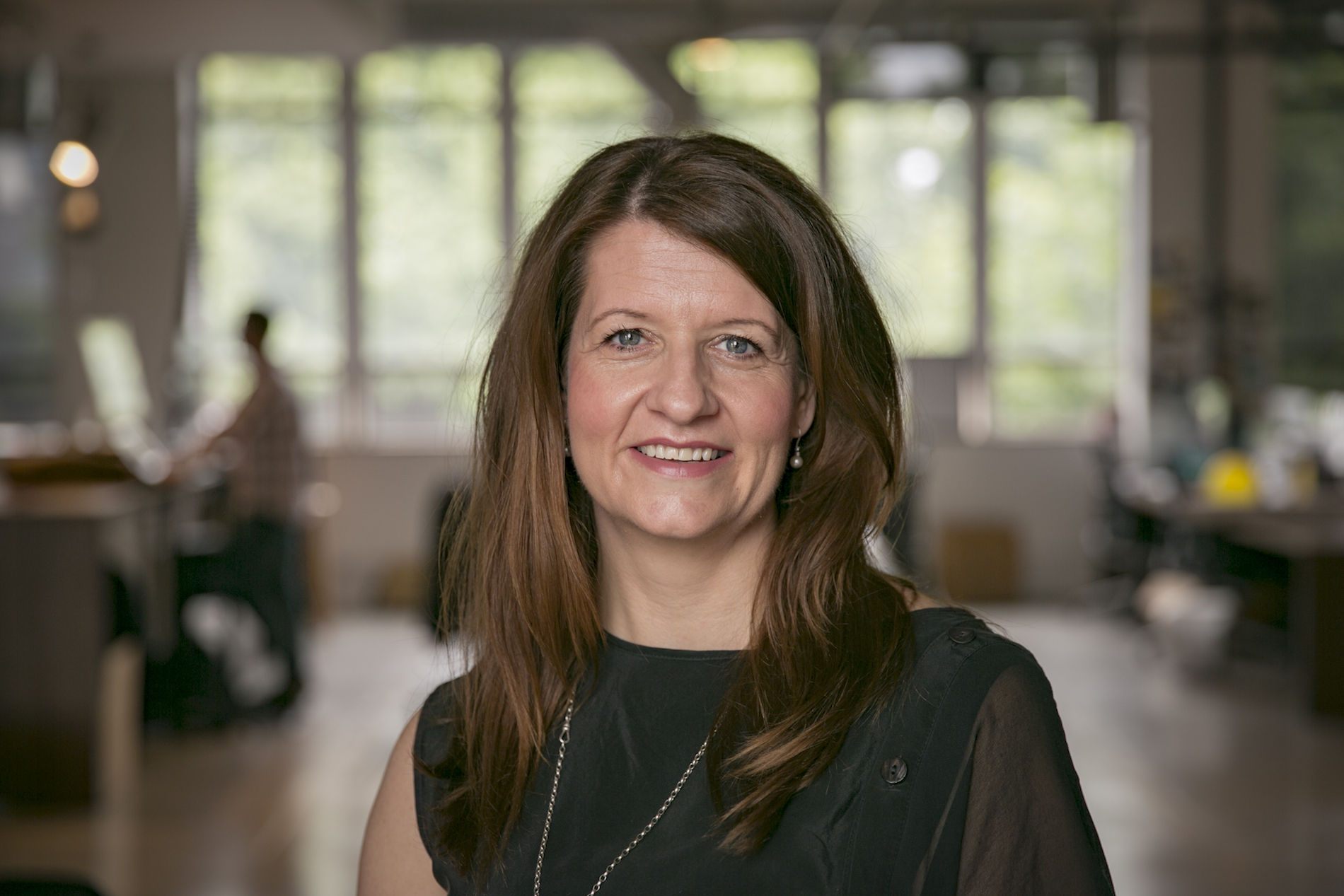In 2018, Techweek is focusing its stories and event programme on one simple idea: Innovation that’s good for the world. Callaghan Innovation thinks along the same lines in its work to inspire and liberate current and future innovators, which is why we're so happy they're part of the wider Techweek family this year. We caught up with CEO Vic Crone to talk about how New Zealand ideas can change the world.
What does Techweek's 2018 theme ‘innovation that’s good for the world’ mean to you?
It means several things.
First, it has to be good for New Zealand. Callaghan Innovation exists to help New Zealand businesses succeed through technology and build a prosperous future in which our kids and grandkids can enjoy endless opportunity.
We have a long tradition of innovation in New Zealand. As Ian Taylor of Animation Research puts it: “It was never about the piece of wire. It was always about what innovative people did with that piece of wire that no one else had thought of.” If we can build on that – and we know we can – then what’s good for New Zealand may well have international benefits and applications. I’m excited to think that the sort of success my work at Callaghan Innovation contributes to here in New Zealand might also contribute to a prosperous future for kids and grandkids elsewhere in the world.
Wouldn’t it be great if we could contribute to ending world hunger through breakthroughs in synthetic food production?
Health and agritech are two areas in which we have a proud history of world-leading innovation, as well as current work to disrupt the status quo and bring about improvement through innovation. Wouldn’t it be great if we could contribute to, for example, ending world hunger through breakthroughs in synthetic food production? Or, at the other end, to reducing the global burden of obesity?
In what industries/sectors do you think New Zealand is innovating for a better world?
Our future lies in niche areas, in finding the points of difference, the flashes of brilliance that can turn clever ideas into marketable products and services fit for the future.
Callaghan Innovation has recently reshaped itself to focus on seven high-potential sectors: agritech, digital, food and beverage, health, energy and environment, transport and logistics, and manufacturing and niche. These are the sectors from which we expect to see innovation for a better world.
Within each, New Zealand has particular strengths and the potential to grow hi-tech businesses. They already include innovative companies, so it makes sense to focus on providing customised services to help drive the success of these businesses.
Defining and focusing on priority sectors gives us greater clarity about trends, challenges and opportunities in each, so we can respond more quickly to changing customer needs and take advantage of economies of scale where customers have common needs.
What global challenge would you like to see New Zealand innovators at the forefront of solving?
Why restrict ourselves to one? We have such a breadth of talent in New Zealand, demonstrated recently with Rocket Lab, for instance, which succeeded in sending a small rocket to the edge of space and achieved a host of firsts in doing so. We have wearable technology whizzes, one or more of whom might give us a world-leading wearable solution to diabetes monitoring. We also have an award-winning water quality tester which costs 10-20 percent of similar products and could be of huge benefit in countries where clean water is an issue. We’re busy working with innovators contributing to New Zealand’s pest-free aspirations – which could lead to technologies to control pests and increase the proportion of food crops like rice left for human nutrition.
We live in a country where our major export sectors are buffeted by weather. This has given us both expertise in understanding weather and climate, and an incentive. Perhaps we will foster innovators who make a significant contribution to ameliorating climate change?
We live in a country where our major export sectors are buffeted by weather. This has given us both expertise in understanding weather and climate, and an incentive.
We know that technological changes will see around half of today’s jobs disappearing. We hope to help define the new higher-value, technology-enabled jobs that will replace them.
What do you think makes New Zealand innovation and/or innovators unique from a global perspective?
We deal with a unique set of challenges – distance from world markets, low productivity, a relatively low R&D spend, and a small population base. But we have always had innovators: people who can think outside the square and counter some of the challenges. Refrigerated meat shipping is an early example we all know about.
We’re also very much a nation of migrants – settled by ancestors brave enough to take the risk of sailing into uncharted waters. Perhaps it’s not only DIY that’s in our DNA, but that can-do attitude as well.
It's exciting to work within an organisation like Callaghan Innovation that plays its part: we connect, navigate, nurture and challenge so that we can help New Zealand innovators develop, test and commercialise their ideas.
Keep up with the latest news by signing up to the Techweek Monthly Newsletter
